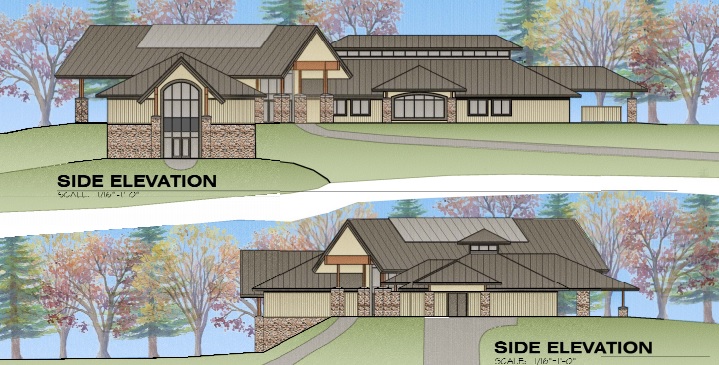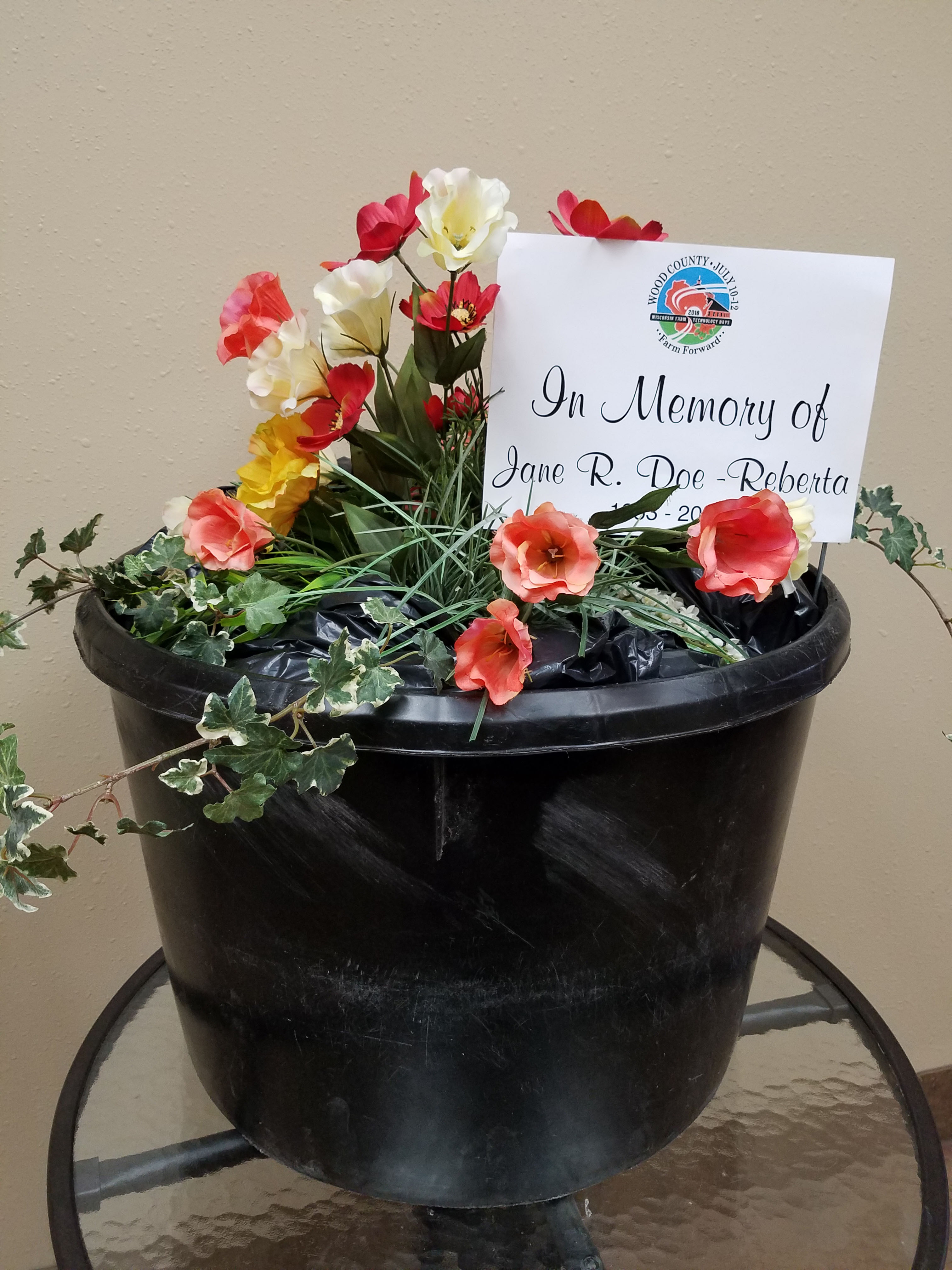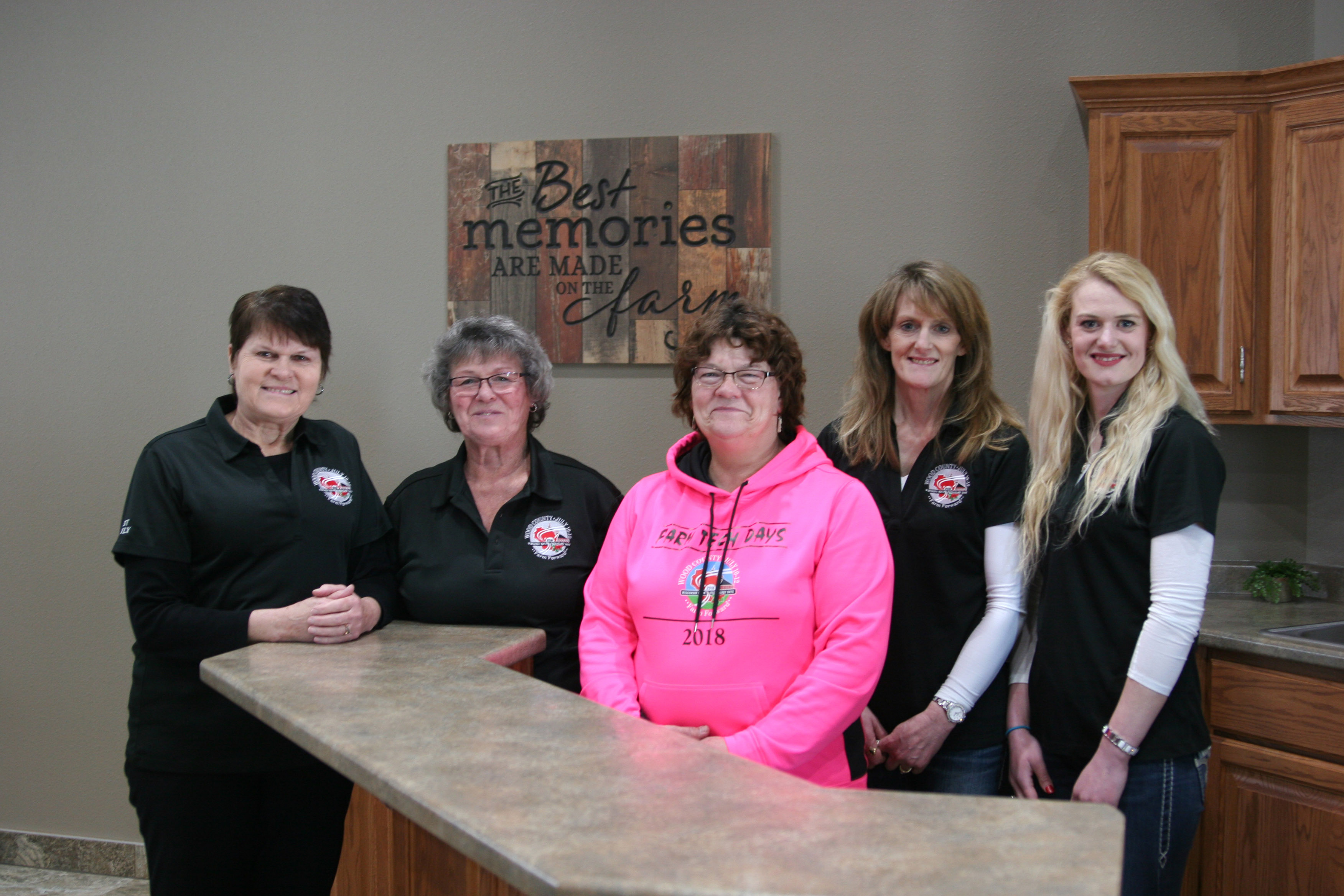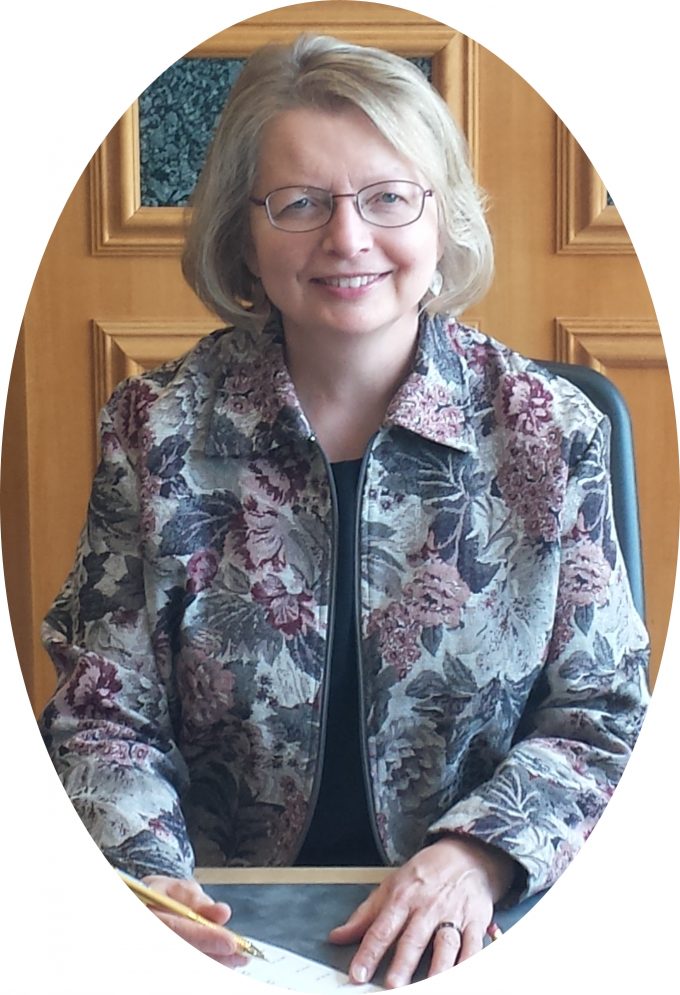Wood County introduces Drug Free Communities program
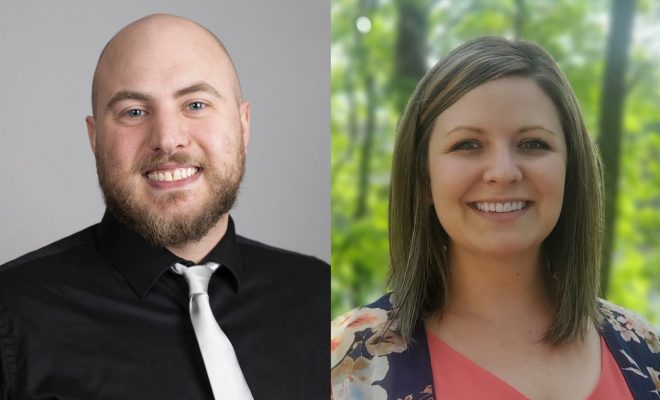
By Kris Leonhardt
WOOD COUNTY – Wood County is introducing the Drug Free Communities (DFC) program – a five-year program that has residents and community organizations working together to reduce youth substance abuse in the south Wood County service region.
The region includes Grand Rapids, Nekoosa, Port Edwards, and Wisconsin Rapids.
The program is conducted with a grant through the White House Office of National Drug Control Policy (ONDCP), in partnership with the Centers for Disease Control and Prevention. Wood County Health Department serves as the fiscal agent for the grant.
“The purpose of the DFC program is to bring the community together to work on a common goal of preventing youth alcohol and substance use,” said Public Health Strategist Jacob Wagner.
“As Project Coordinator, I will work on bringing together different members of our community including residents, law enforcement, and local establishments together on a common goal of preventing youth alcohol and substance use.
“Anyone who lives, works, or frequents Wood County and has interest in preventing youth alcohol and substance use is encouraged to participate in our efforts. We encourage a diverse group of individuals who make up our community; we want to hear from residents, businesses, youth, schools, and everyone in between.
“As a team we can determine what our community’s biggest needs are and figure out different ways to address them. We require support from the entire community in order to be effective, so we use proven methods for creating community change.
The program will work to achieve three goals: maintain and strengthen the infrastructure of the Alcohol and Other Drugs Prevention Partnership; reduce underage drinking among youth ages 12-18 in south Wood County, and reduce prescription drug misuse among youth ages 12-18 in South Wood County.
“Our biggest success comes when we can make policy, systems, or environmental changes that reduce and prevent youth substance use, so this is where the most time and energy is spent,” Wagner added.
“We also understand that we need community buy-in before these types of changes can be made, so we also work on a mix of individual strategies that focus more on education and awareness around the issues. Rome wasn’t built in a day, and neither was Wisconsin’s strong alcohol culture that condones underage drinking. In order to see changes in our community, we need to approach this issue in a variety of ways.”
Wagner said a total of 3,054 Wood County high school students participated in the 2019 Youth Risk Behavior Survey for grades 9-12. The survey results said that 41 percent of the students have tried vaping, with 21 percent using in the previous 30 days.
Survey results also showed that 61 percent of those participating have consumed alcohol, with 30 percent having at least one alcoholic beverage in the past 30 days, which is 17 percent above the state average of 13 percent. Among those who drink, 46 percent say that they have binge drank.
The grant program will fund the south Wood County DFC initiative for five years.
“Following our five years of grant funding, we are able to competitively write for another five years of funding, but we want to make sure that we are thinking about ways our efforts can be sustained by the community. This funding isn’t going to make the change, it’s a tool that we hope will move the community in a direction that promotes healthier ways of raising kids and discourages risky behaviors. Ten years is the limit for this funding, so after 10 years, we hope to see some positive things happening in the South Wood County area,” Wagner said.
Anyone interested in being a part of the program should contact Sara Luchini, community health planner, at [email protected] or 715-421-8953, or contact Wagner at [email protected] or 715-421-8907.

